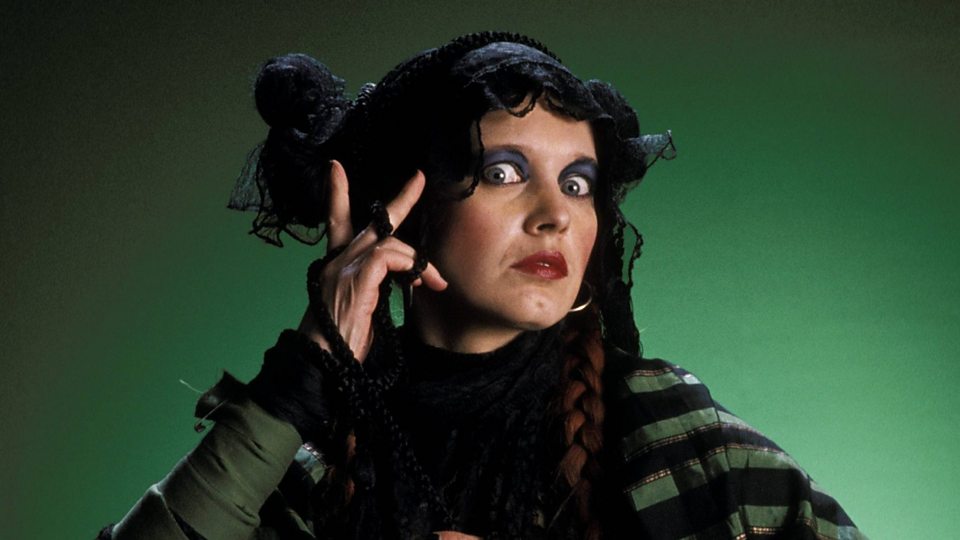Lene Lovich

One of the more offbeat and memorable figures in new wave, Lene Lovich certainly drew much of her widely varied approach from her unconventional early experiences. Born of a Yugoslavian father and British mother, she spent much of her childhood in Detroit, MI. She later developed an interest in art and theater, enrolling at the Central School of Art. She took up the saxophone and, after a brief stint in a soul-funk band (with future collaborator Les Chappell), Lovich wrote a string of songs f...
One of the more offbeat and memorable figures in new wave, Lene Lovich certainly drew much of her widely varied approach from her unconventional early experiences. Born of a Yugoslavian father and British mother, she spent much of her childhood in Detroit, MI. She later developed an interest in art and theater, enrolling at the Central School of Art. She took up the saxophone and, after a brief stint in a soul-funk band (with future collaborator Les Chappell), Lovich wrote a string of songs for French disco star Cerrone. In 1978, Stiff Records signed her after hearing her first recording, a remake of “I Think We’re Alone Now.” She quickly became one of Stiff’s brightest stars, headlining package tours and earning several U.K. hits over the next three years with the unforgettable “Lucky Number,” “Say When,” “Bird Song,” and “New Toy.”